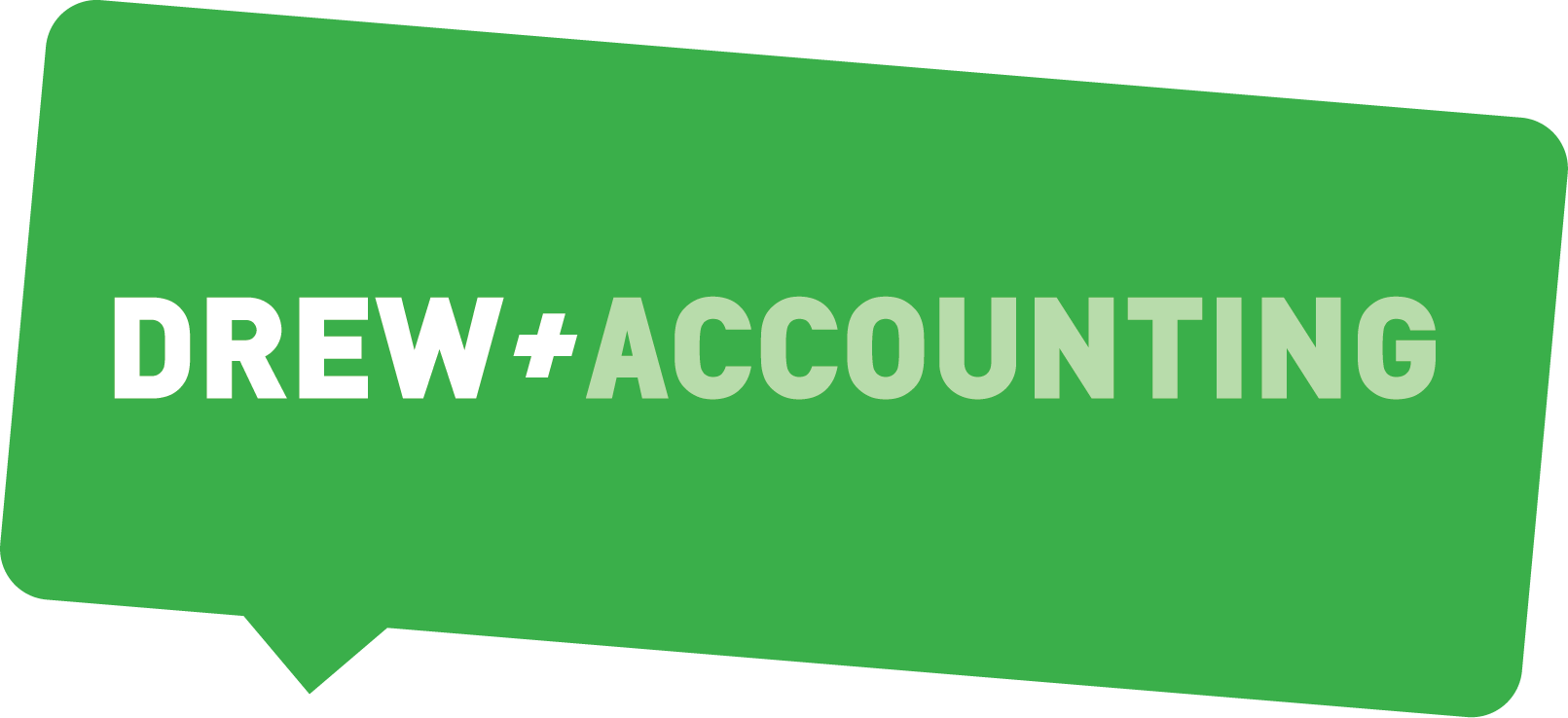Budget 2021 Updates
As the first Budget since last year’s election as well as all the pandemic chaos, maybe it’s not surprising that Budget 2021 is a cautious one, emphasising wellbeing and aiming to stimulate sufficient activity to drive growth, spending, and confidence.
Tagged ‘securing our recovery’, welfare support is highlighted. For business, a bundle of economic recovery measures unpack into training, infrastructure, and transformation plans in targeted industry sectors.
Changes affecting New Zealand businesses and investors are largely off-stage of the Budget. Some have already happened with more to come. The minimum wage increase and the new 39% tax rate on income of $180k+ had the spotlight until changes to property investment took centre stage, extending the bright-line test period and phasing out mortgage interest deductibility on residential investment property. For employers, the Matariki public holiday is waiting in the wings, along with upcoming changes to sick leave (increasing employer-funded sick leave from 5 days to 10).
The debt we shouldered to get through the pandemic will be part of the scenery for the foreseeable future, although it must be said that the foreseeable future is not very far ahead just now. In a pre-Budget speech in early May, Minister of Finance Grant Robertson commented on global supply chain issues saying, ‘The ongoing economic impact is uncertain and most forecasts continue to emphasise the likelihood of continued volatility.’
Businesses facing supply constraints may view improvements to wages and conditions as more items on the cost side of the balance. But across the Tasman, the Australian budget has just injected significant amounts into construction and infrastructure and their mining industry’s back in boom. A possible skills drain overseas makes labour another potentially tight resource in the supply chain. The challenge may be to secure sufficient human resources and/or realise productivity gains to stay competitive.
Health and Welfare
Total expenditure on health in the next financial year is budgeted at $24b, including $968m in capital investment, largely allocated to capital investment in facilities, infrastructure, and technology of District Health Boards. A $4.7b increase in new health operating funding is forecast across four years.
All benefit rates will increase by $20 a week from 1 July 2021, with a second increase on 1 April 2022. Families and whānau with children will also receive a further $15 per adult per week from 1 April 2022. The Government will increase the Minimum Family Tax Credit threshold from 1 July 2021 in line with increases to benefits.
Industry, infrastructure and housing
Long-term plans are being run through the Ministry of Business, Innovation and Employment, to increase productivity across 7 areas of the economy. So far, Industry Transformation Plans (ITPs) have been developed for the agritech and construction sectors, and are currently being developed for digital technologies, advanced manufacturing, food and beverage and forestry and wood processing sectors.
Investment in research and development and increasing our effectiveness as exporters will be critical here. Research and development tax incentives to promote business innovation are quantified in Budget papers as $40m for 2018/19, $213m for 2019/20 and $313m for 2020/21 in taxation foregone. The presumption is of a continuing trend at least for now.
SMEs in the tourism sector are promised $200m to drive recovery in the sector, with focus on the hardest hit regions of Kaikoura, Mackenzie District, Queenstown Lakes, Fiordland and South Westland. The package also commits $15m deployed by New Zealand Māori Tourism to support Māori Tourism operators.
A new Regional Strategic Partnership Fund is being established with $66.11m, re-prioritised from existing commitments, funded through the Provincial Growth Fund. It supports regional recovery and development priorities, including creating more productive, resilient, and sustainable regional economies.
A $57.3b programme of infrastructure spending is planned from 2021 to 2025, including $10b in roads and public transport projects, and $810m on rail.
A new Housing Acceleration Fund commits $3.8b over four years to fund infrastructure and delivery of large-scale projects, providing a mix of public, affordable and market housing.
$380m is allocated for Māori housing solutions, including building new houses in areas with high rates of Māori housing deprivation and repairs to existing stock. $350m from the Housing Acceleration Fund has been ring-fenced for infrastructure to support the new builds.
Several initiatives relating to tenancies are being introduced, totalling around $100m, including $16m for enforcement of Healthy Homes Standards.
Education, training and employment
Just over $1b of new operating funding is committed to education along with just under $730m of capital funding over 10 years.
$44m for a digital skills training programme over two years will help provide core digital skills training to up to 60,000 small businesses, with supporting advisory services to help 30,000 businesses create digital business action plans.
The Training Incentive Allowance will be extended, enabling more people to access financial support for employment-related training. A 13.4% increase in Vocational Education and Training (VET) funding allocates $279.5m to implement a unified funding system to better support work-integrated provision and learner needs and to help sustain a regional network of VET provision.
A ‘Social Unemployment Insurance Scheme’ is proposed, like the ACC system in some ways, but for unemployment. The proposal provides a worker who loses their job with 80% of their income for a fixed period, with minimum and maximum caps. The scheme will be jointly designed by a Social Insurance Tripartite Working Group comprising the Government, Business NZ and the New Zealand Council of Trade Unions, with stakeholder and public consultation this year.




